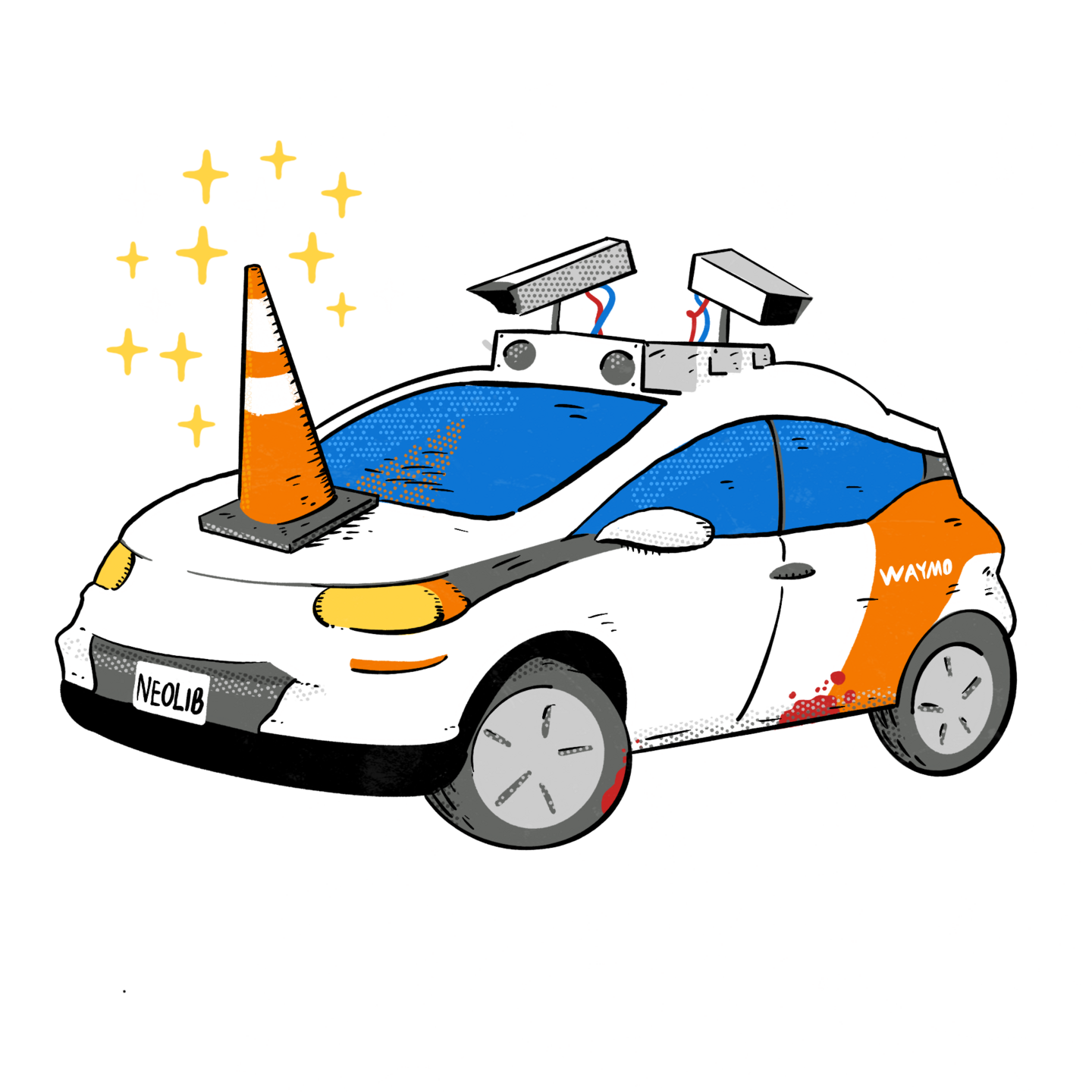
The Hill Opinion – Autonomous vehicles should have to pass a driver’s test, just like anyone else
See original article by Henry Liu and Greg McGuire at the Hill
The National Highway Traffic Safety Administration estimates that nearly 40,000 people died in motor vehicle crashes last year, and millions more were injured. Automotive and technology companies have been working for years to develop autonomous vehicles in part to help reduce the number and severity of car crashes.
As many as half of fatal crashes involve speeding and drinking. Autonomous vehicles do neither.
Yet the momentum toward broad deployment of these autonomous vehicles has stalled amid persistent consumer fears about safety since the first high-profile fatalities in 2018. In April, the Department of Transportation announced a new automated-vehicle policy intended to speed up the rollout of these vehicles across the country. However, the agency did not address the most significant barrier: the lack of a national safety performance testing standard.
Just as every licensed driver can sometimes cause an accident, so will autonomous vehicles. That doesn’t mean we shouldn’t deploy them to realize their benefits. But it does mean they should meet an objective safety standard, one that we all agree improves roadway safety over the status quo.
Last December, the federal highway agency proposed a program called AV STEP, but it is only a voluntary review and reporting framework. The federal government does not provide guidance on how autonomous vehicles should be tested, and AV STEP would not change that.
The absence of a national safety framework hinders wider adoption and public acceptance of autonomous vehicles, curtailing their clear promise to society, even as other nations are moving quickly to encourage adoption and to measure safety.
First-time drivers of any age must pass a basic test, but self-driving vehicles do not. Does that make sense?
Waymo, a subsidiary of Alphabet (formerly known as Google), operates robotaxis in San Francisco, Los Angeles and Phoenix, providing 250,000 autonomous rides weekly. In March, the company added service in Austin, Texas in partnership with Uber.
Waymo and Zurich-based insurance giant SwissRe recently studied third-party insurance claims from 25.3 million miles driven by Waymo vehicles. They found an 88 percent reduction in property claims on car accidents and a 92 percent reduction in bodily injury claims.
Waymo’s record shows the benefits to public safety that would come from autonomous vehicles. Yet a recent survey, conducted by AAA, found that only 13 percent of drivers would trust riding in a self-driving vehicle. Six in 10 drivers report being “afraid” to ride in a self-driving car and just 13 percent of drivers prioritize autonomous vehicle development as a top vehicle technology initiative, down from 18 percent in 2022.
We work at Mcity, a public-private research partnership at the University of Michigan devoted to transforming mobility. We have a solution to help overcome consumer concerns and provide the industry with a shared, trustworthy benchmark: autonomous vehicle safety assessment tests.
As states have basic requirements for driver training and on-road competency evaluations, the auto industry and National Highway Traffic Safety Administration should support autonomous vehicle competency tests for on-road driving. We’ve developed a comprehensive two-part methodology to do that.
The autonomous vehicle “Driver’s Licensing Test” evaluates autonomous vehicles via on-road competency tests, just like millions of new drivers every year. We have roughly 50 tests and hundreds of driving scenarios. The “Driving Intelligence Test” evaluates autonomous vehicle decision-making and response by challenging autonomous vehicle software with a diverse set of the most dangerous driving scenarios.
Mcity has proven our two-part protocol using open-sourced autonomous vehicle software in our fleet of research vehicles. In addition, we’ve put a range of commercial autonomous vehicle systems through the Driver’s Licensing Test, identifying several behavior deficiencies that required refining the autonomous vehicle algorithm to improve driving safety.
Mcity’s safety assessment tests do not have to be done in Ann Arbor. Industry or third parties can use our test methodology at adequately configured sites nationwide to conduct thousands of the rarest, most dangerous driving scenarios.
Successfully passing these tests and self-certifying would mean manufacturers, regulators and the public would have confidence that autonomous vehicles meet or exceed essential driving performance tests for safe operation. Importantly, our tests do this while ensuring proprietary AI data remains securely in the hands of innovators.
The potential benefits of driverless vehicles remain enormous: safer driving with fewer, less severe crashes; more efficient, lower-cost shipping; and expanded access to personal transport for Americans who need it most, such as the elderly, those with disabilities and those who don’t or can’t own or operate their own vehicle.
These benefits will not be fully realized unless autonomous vehicles are on our roads in significant numbers. And that won’t happen unless consumers trust that these vehicles are safe.
Henry Liu is director of the University of Michigan Transportation Research Institute, which includes Mcity. He is the Bruce D. Greenshields Collegiate Professor of Engineering and director of the Department of Transportation’s Region 5 Center for Connected and Automated Transportation. Greg McGuire is managing director of Mcity.
See original article by Henry Liu and Greg McGuire at the Hill
